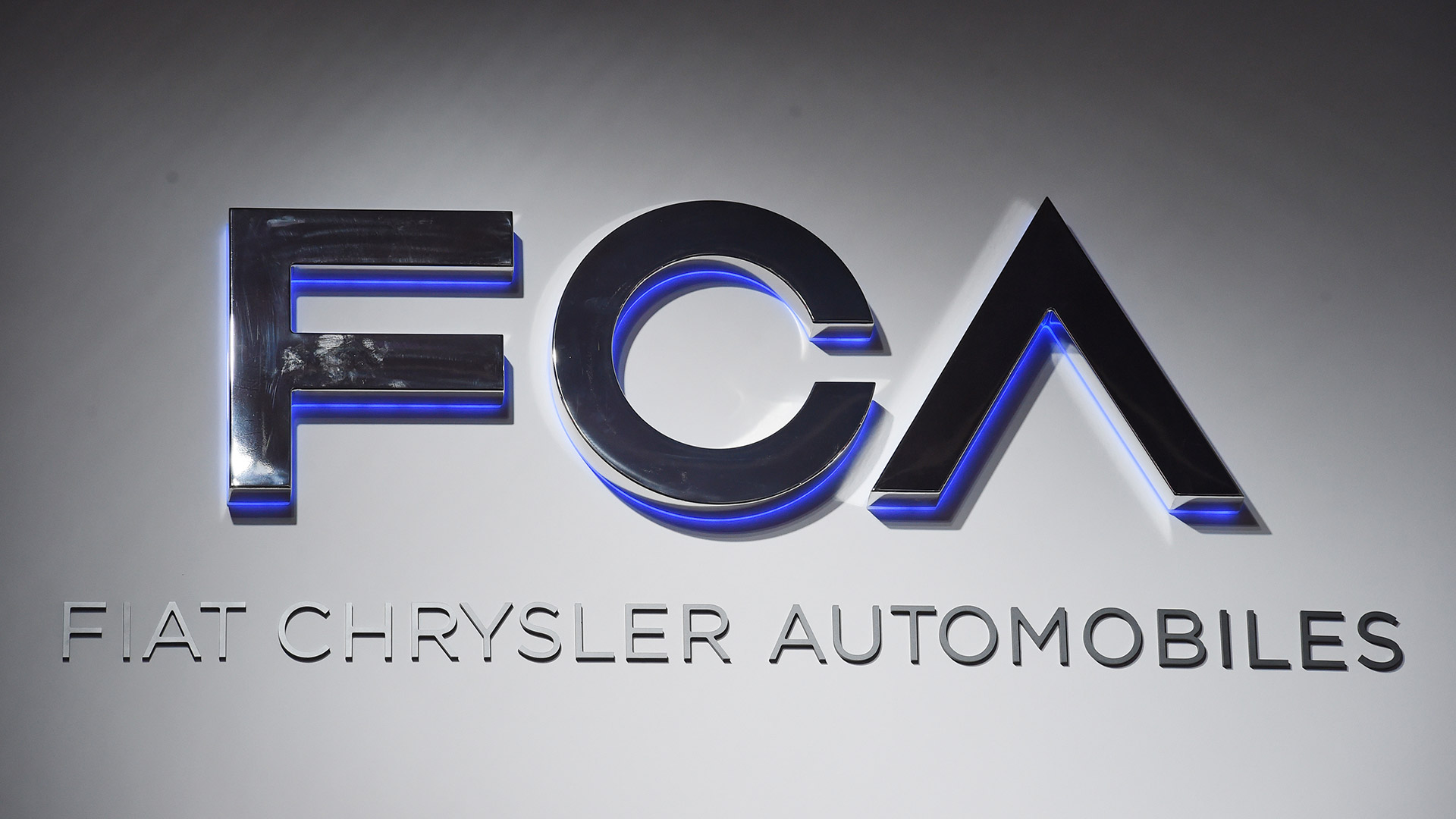

Fiat Chrysler Automobiles announced Monday that it has collaborated with lightweight OEM parts supplier Nemak and Tennessee’s Oak Ridge National Laboratory to develop a new aluminum alloy for use in turbocharged engines.
An improved metal is needed due to FCA’s desire to raise compression ratios and boost levels in its forced induction engines, which will bring more power and efficiency, but also additional heat, much of which is soaked up by the cylinder head. Many aluminum heads today are made from 319 or 356 aluminum, both of which become fragile above 200 degrees Celsius (392 F).
The new alloy that FCA intends to use, which goes by either 16HT or ACMZ, can maintain strength up to temperatures of 300 degrees Celsius (572 F). It does this by replacing silicon found in some aluminum alloys with copper; a combination previously unused in the automotive industry due to a tendency to crack after casting.
“When we focused on copper, other people in the industry almost laughed us off, saying we’d never be able to cast that,” stated Gregg Black, senior manager of advanced powertrain engineering at FCA, in a company blog post. “We knew there was competition, including other teams working at Oak Ridge National Labs, but we outperformed everyone on this.”
Oak Ridge National Laboratory volunteered its Titan supercomputer (one of the most powerful in the world) to develop simulations for metal cooling, and later narrow down recipes for the new alloy to seven options. FCA and Nemak took the information, and have tested more than 100 cylinder heads with structures identical to those of current FCA offerings, some for hundreds of hours on dynamometers.
The 16HT/ACMZ alloys may allow engineers to streamline cylinder head designs to cluster the valves, spark plug, and fuel injector more closely, or alternatively, enlarge the valves for better airflow, and add a second spark plug for more complete combustion. All this comes at a somewhat small price increase, with the 16HT/ACMZ aluminum heads projected to cost just 7 percent more than 319/356 aluminum heads. Its production does not require new manufacturing techniques, save for extra steps in the post-casting heat treatment.
The only downsides are that we have to wait a few years for a 16HT/ACMZ-headed engine to roll off production lines, though other manufacturers may follow suit if FCA’s new cylinder head materials prove advantageous.
“[We’re] just getting started on the process to create a design now that we have a material that will work,” said Black. “We feel like we really have a tiger by the tail.”